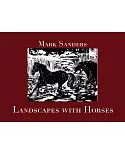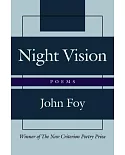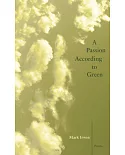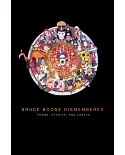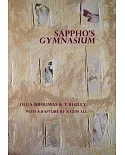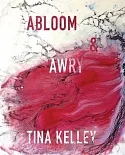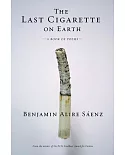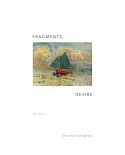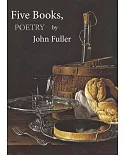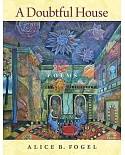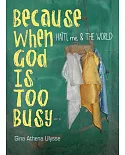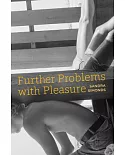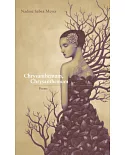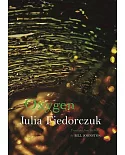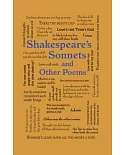This book examines the poetry of two important figures in the Oxford Movement, a campaign that began by asserting the independence of the English Church from secular power and that went on to
Catholicize the Protestant color of Anglicanism in the early nineteenth century.
John Keble and John Henry Newman both conceived poetry as the instrument of religious persuasion: Keble through his Christian Year which, although it antedated the movement, was hailed as its
Baptist cry; and Newman through his more aggressive contributions to Lyra Apostolica. After a brief introduction in which he discusses the nature of Tractarian poetry - members of the movement
were given that nickname - author Rodney Stenning Edgecombe presents detailed readings of the two collections, stressing their value as poetry rather than as theological documents. He argues
that both men possessed real lyric gifts which shifts in taste and the theological emphasis of earlier commentaries have tended to obscure.
Although this book attempts to reclaim Keble and Newman as neglected poets, the author does not conceal the Latitudinarian nature of his own religious beliefs and uses these to mount a critique
of the intemperateness, intolerance, and anti-humanism of which both poets were guilty.



